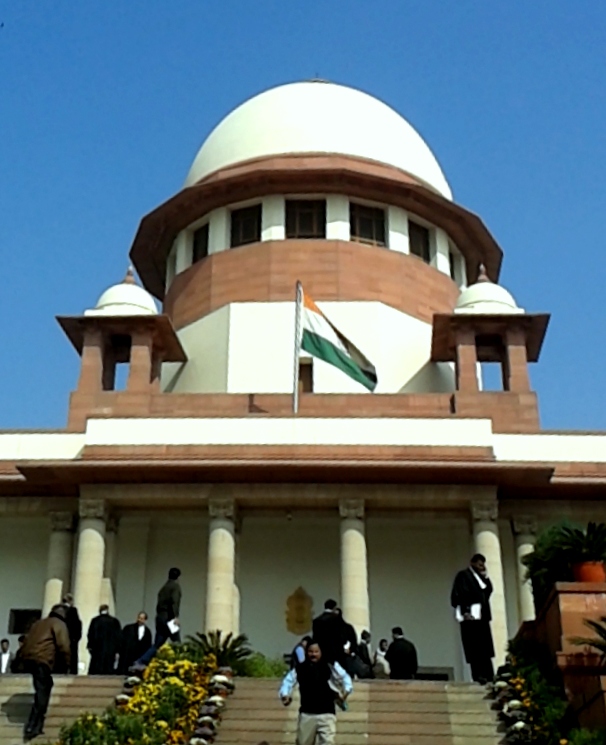+91-11-46628866 | info@compad.in Schedule a Meeting →

In a recent landmark judgment of CCI v. Bharti Airtel Ltd. & Ors., the Supreme Court while rejecting the appeal of CCI has clearly delineated the roles of the two regulators- TRAI and CCI, analyzing their mandates in detail and held how the two should deal with such matters.
Earlier, in April 2017, CCI had ordered DG to investigate into alleged anti-competitive agreement between telcos to deny provision of points of interconnect (PoI) to Reliance Jio.
Immediately, thereafter the telcos challenged CCI’s order in Bombay High Court (HC) on the basis of its jurisdiction as the matter fell in the exclusive jurisdiction of TRAI.
Later, the HC, while setting aside CCI’s order, barred its jurisdiction to interpret policies in Telecom sector, given that TRAI is the sectoral regulator. CCI challenged the same and moved to SC for appeal in Jan. 2018
In the judgment, SC has clearly brought out that TRAI is a specialized body entrusted with issues like PoI etc., under the TRAI Act, which was being considered, and was seized of the matter.
On the other hand, the role of CCI as an expert body is entrusted with the task of checking anti-competitive agreements, abuse of dominance and combinations, and has special powers to apply structural remedies to ensure that markets function in equitable and competitive manner.
According to SC, both the authorities retain their jurisdiction over their respective fields. But to strike a balance in this dispute, it would be desirable that TRAI finalizes the jurisdictional facts (the “technical issues” such as PoI, interconnection charges, point of interconnection etc. between existing telecom players and Reliance Jio) first under its Act and mandate, and thereafter if it transpires that there is any need for CCI to examine the matter in accordance with its jurisdiction it could investigate the same.
The Hon’ble Apex Court has said that “our analysis does not bar the jurisdiction of CCI altogether but only pushes it to a later stage after TRAI has undertaken necessary exercise in the first place, which it is more suitable to carry out.”
Now, as the respective roles have been clearly defined, both CCI and sector regulator have to respect each other’s domain expertise and roles assigned to them under their statues, carefully weigh the issues involved in dealing with the case and follow similar ratio. In the end, it is CCI which has to see the functioning of the market to ensure that fair competition is maintained and violations, if any, are kept under check.
The judgment can be accessed here: https://www.sci.gov.in/supremecourt/2017/40072/40072_2017_Judgement_05-Dec-2018.pdf